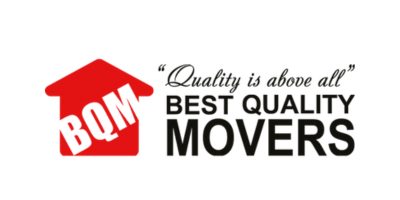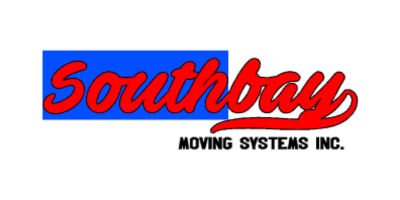Long-distance moving ain’t cheap - especially with California pricing thrown into the mix. Here’s a breakdown of some of the biggest expenses that come with your quote:
1. Distance
Along with the physical size of your move, the distance is probably the biggest deciding factor behind what you pay on a moving day. More miles means more dollars, and since California and Georgia are pretty far apart, brace yourself accordingly.
2. Weight/Volume
Long-distance movers calculate your price based on distance and the dimensions of all your stuff. Some companies will assign a cubic foot value to your belongings, while others will assign a weight in pounds.
We’ve seen some companies claim they actually weigh their trucks before and after loading, but that’s just a marketing gimmick. Sell off your unwanted items to save big.
3. Packing
Packing is a pain, and we’re saying this as industry insiders. If you want to DIY your packing, you’ll have to deal with purchasing boxes, tape, and padding.
On the other hand, you can pay your moving company to handle the packing for an additional fee. It may be pricey (a couple hundred to a thousand bucks or so), but can you put a price on your stress?
4. Storage
It’s easy to overestimate how much room you’ll have at your new place, or how fast you can unload a truck full of furniture.
In either case, storage can provide you with a bit of flexibility and square footage, and some California-to-Georgia moving companies may offer 30 days free!
5. Specialty Items
Pianos, pool tables, artwork and antiques. These all require extra TLC, and your movers will charge extra for the extra attention. Once you see all the custom crating and packaging, you’ll realize that you made a smart investment.
6. Access Fees
Does your building have long hallways, elevators, or multiple flights of stairs? These are all obstacles for your moving team to deal with, so they’ll typically add on an additional fee for all of these hurdles.
Make sure you touch base with the city about whether you’ll need to use a moving shuttle (a smaller truck) to get your stuff to the big trailer.
7. Insurance
You’ll be happy to know that there’s a federally mandated minimum coverage for items lost, damaged, or destroyed in transit. You’ll be unhappy to find out it’s only good for $0.60 per pound.
That means your 4-pound MacBook is only good for $2.40 if it gets busted. Full-value insurance is expensive, but it’s another wise investment.
8. Gratuity
In the moving industry, tips and gratuities are accepted and expected. Unless your California to Georgia mover explicitly declines tips, set aside some cash (about 15% to 20% of the total price of your move) to be divvied up between your whole moving team. Don’t forget the driver!




